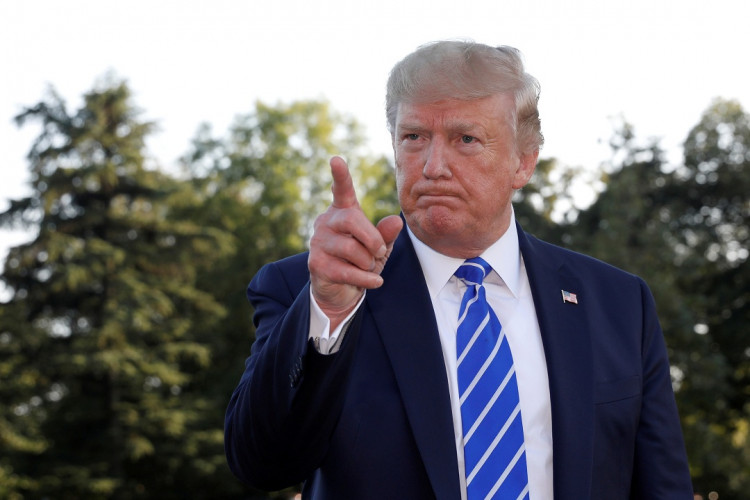Despite prior progress in agreeing on a trade ceasefire, both China and the United States still proceeded with their planned tariffs on each other's goods this month. Both countries made good on their previous threats and imposed tariffs on a variety of goods, further escalating tension between two of the world's largest economies.
The United States fired its own set of new tariffs on a variety of Chinese imports on Sunday. The 15 percent tariffs impacted different types of Chinese imports, including smartwatches, flat-screen television, and footwear. China also made good on its threat to imposing tariffs on US oil imports.
US President Donald Trump explained on social media that the goal of the imposed tariffs was to reduce the country's reliance on Chinese-made products. The president also stated that the tariffs should force US firms to find alternate suppliers and to even perhaps start producing their products domestically.
Over the weekend, China imposed a 5 percent tariff on US crude oil. This is the first time that China has imposed such a tariff on US crude since the trade war between both nations began over a year ago.
Around the same time, the US imposed tariffs on an estimated $125 billion of Chinese imports. According to market experts, the additional tariffs imposed by the United States could cost households around $1000 in additional costs per year.
In direct response to the US tariffs, China announced that it will be imposing additional tariffs on US imports, which are part of its $75 billion target list. The first tranche will be 5 percent and 10 percent tariffs on 1,717 items out of 5,078 products coming from the US. China will then slap tariffs on the rest of the products starting on December 15.
According to the executive vice president of the American Apparel and Footwear Association, Steve Lamar, the new set of tariffs will only result in hurting US consumers. Despite its intention of hurting China, the new tariffs will apparently only result in higher prices, which will, in turn, result in low sales and job losses.
Trump seems to think that this will not be the case as he had cited comments made by US economist Peter Morici. Trump mentioned that the tariffs wouldn't really affect US consumers as much given the recent drop in the Chinese Yuan.
Industry heads such as Lamar have urged the US to consider a calmer engagement with China. This can be done with more productive talks as opposed to economically costly tariff impositions.
Despite the new tit-for-tat measures, Trump mentioned to reporters that the country was still open to new talks with China. Trump also confirmed that trade negotiators from both sides will still be meeting in person this month.






